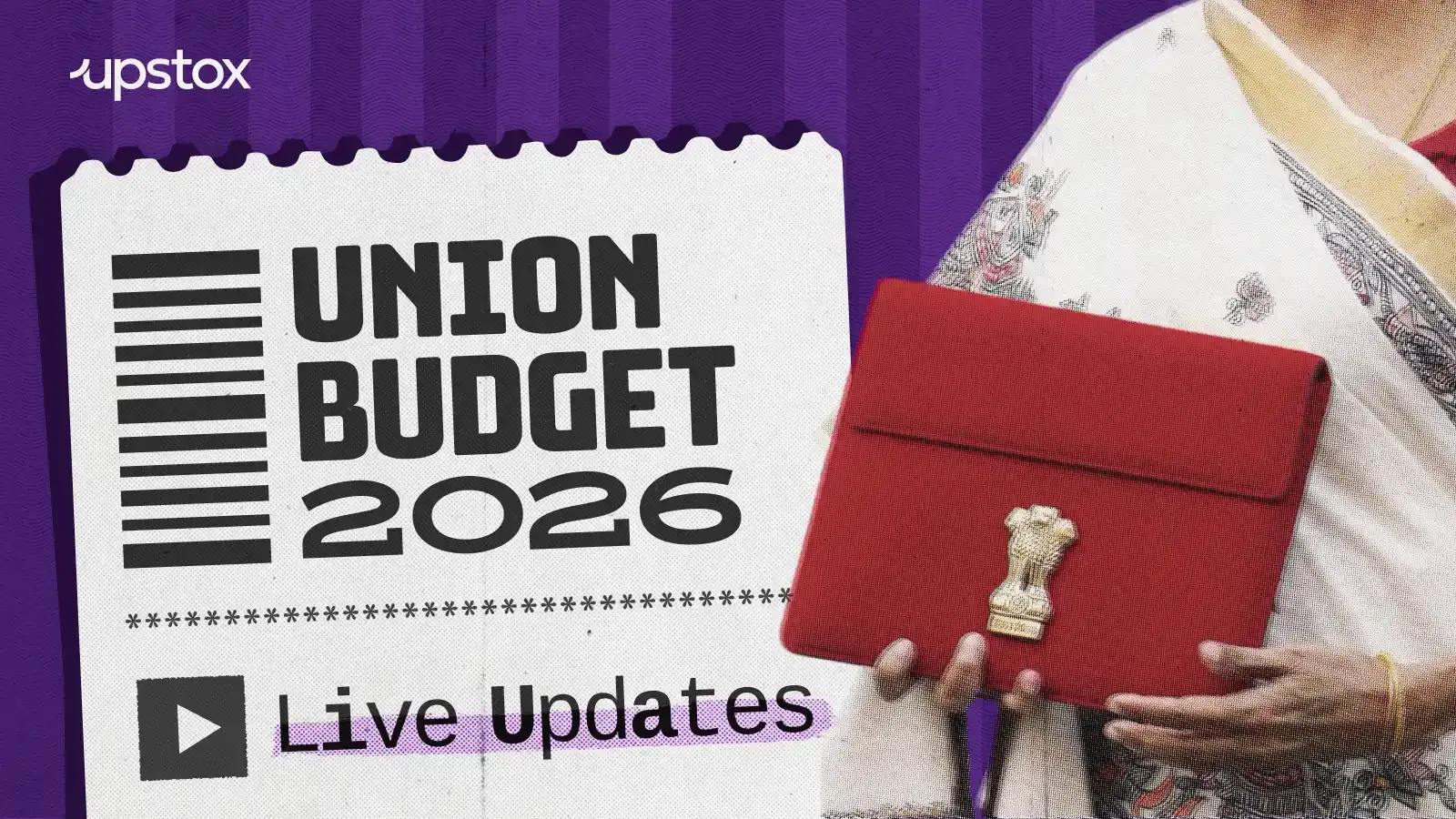Business News
US Elections 2024: Swing states in focus; who leads in the key battlegrounds

3 min read | Updated on November 05, 2024, 17:40 IST
SUMMARY
With nearly 80 million votes already cast in the United States for the election of its 47th president on November 5, all eyes are on the battleground states that could easily swing the result. The seven key swing states in the 2024 US elections are witnessing a fierce battle between the main rivals, Donald Trump and Kamala Harris, with tight margins.

Swing states are known for their volatile voting trends, frequently swinging between the Democratic and the Republican parties
The United States is currently in the middle of a wild and one of the most historical presidential elections the country has seen. The country will either have its first-ever woman president, Kamala Harris, or the second term for its ever-controversial president Donald Trump. Around 160 million voters in the country will cast their ballots while the candidates compete for 270 of the total 538 electoral votes required to secure the presidency.
The elections in the US aren’t the easiest to understand—there is the Electoral College, swing states, the fact that the candidate with the popular vote doesn’t always win the election and that the general election taking place on November 5 won’t single-handedly determine who becomes president.
US Elections 2024
This year, the seven swing states are:
- Arizona
- Georgia
- Michigan
- Nevada
- North Carolina
- Pennsylvania
- Wisconsin
These seven swing states control a total of 93 electoral votes. While Pennsylvania has 19, the highest, Georgia and North Carolina have 16 each followed by Michigan with 15 seats. Arizona has 11 and Wisconsin and Nevada have 10 and 6 seats each. According to early reports and exit polls, Donald Trump has been leading in most of the swing states. However, due to the extremely high stakes and unpredictability of these states, the results for these states along with the final election end result can switch to either side at any time.
What are swing states?
Swing states, or battleground states, are known for their volatile voting trends, frequently swinging between the Democratic and the Republican parties. These states have a diverse demographic and wide range of economic interests resulting in shifting voter preferences every other election. This also means that these states have a huge potential to determine the result of the election as they can ‘swing’ the outcome to the other side pretty quickly.
Several factors, including economic conditions, demographic changes and key issues like healthcare, education and immigration, contribute to a state's swing status. Additionally, fluctuations in voter turnout and engagement can significantly influence election outcomes, making these states particularly unpredictable. Candidates often focus on these swing states heavily, basing their campaigns around them and visiting them more, to have a better chance at winning the presidency. The concentrated attention on these states can also shift public opinion and ultimately sway undecided voters—making these states crucial in determining the election outcome.
Related News
By signing up you agree to Upstox’s Terms & Conditions
About The Author
Next Story


